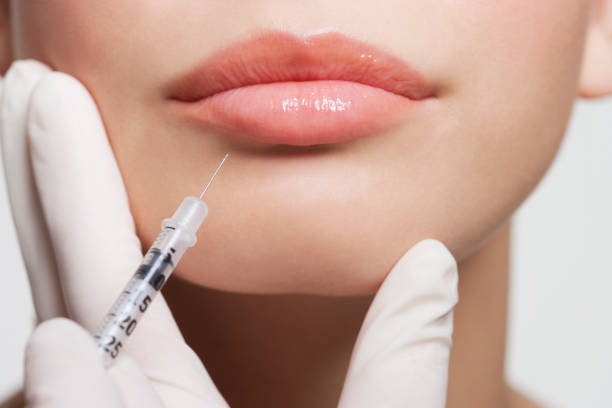Hormone replacement therapy (HRT) has long been used to alleviate symptoms of menopause and other hormonal imbalances, but some people prefer natural alternatives due to concerns about side effects or long-term risks. Natural treatments, often derived from plants or lifestyle changes, aim to balance hormone levels without the use of synthetic hormones. But do these natural alternatives really work? Let’s take a closer look at some popular options and their effectiveness.
1. Herbal Supplements for Hormonal Balance
Herbal supplements are one of the most common natural alternatives to traditional HRT. Many herbs contain phytoestrogens, plant-based compounds that mimic estrogen in the body. These herbs are often used to reduce hot flashes, night sweats, and other menopause symptoms.
Popular Herbal Supplements:
- Black Cohosh: Often used to treat hot flashes and mood swings, black cohosh has been found to be effective for some women in managing menopause symptoms.
- Red Clover: Known for its high levels of phytoestrogens, red clover is used to alleviate hot flashes and support heart health.
- Dong Quai: Commonly used in traditional Chinese medicine, dong quai is believed to regulate menstrual cycles and ease menopausal symptoms.
Do They Work?
Some studies suggest that certain herbal supplements, like black cohosh and red clover, may help alleviate menopause symptoms. However, research is still mixed, and not all women experience the same benefits. Before starting any herbal supplement, it’s important to consult with a healthcare provider, as these herbs can interact with other medications.
2. Dietary Changes for Hormonal Health
A balanced diet can play a key role in managing hormone levels and overall health. Certain foods have been shown to support hormone production and regulation, helping to alleviate some symptoms of hormone imbalance.
Hormone-Boosting Foods:
- Flaxseeds: Rich in lignans, which are phytoestrogens, flaxseeds can help balance estrogen levels in the body.
- Soy Products: Soy contains isoflavones, a type of phytoestrogen that may help reduce hot flashes.
- Leafy Greens and Cruciferous Vegetables: These foods support liver health, which is essential for hormone metabolism and detoxification.
Do They Work?
While a healthy diet won’t replace traditional HRT, it can support overall hormone health. Eating foods that are rich in phytoestrogens may provide mild symptom relief, but these changes alone are unlikely to offer the same level of effectiveness as HRT for those with severe symptoms.
3. Exercise for Hormonal Balance
Regular physical activity is another powerful natural treatment for hormone imbalances. Exercise helps reduce stress, improve mood, and maintain a healthy weight—all of which can positively affect hormone levels.
How Exercise Helps:
- Reduces cortisol levels: Chronic stress increases cortisol, which can disrupt hormone balance. Exercise helps lower cortisol and maintain a healthier balance of stress hormones.
- Boosts endorphins: Physical activity increases endorphins, which can improve mood and help manage anxiety or depression during hormonal changes.
- Improves metabolism: Exercise helps regulate the metabolism of hormones and supports overall health.
Do They Work?
Exercise is a highly effective natural treatment for improving mood, reducing stress, and supporting overall hormone balance. While it may not replace the need for HRT, it can significantly improve symptoms like anxiety, depression, and fatigue.
4. Acupuncture and Traditional Therapies
Acupuncture and traditional therapies such as Chinese medicine and Ayurvedic treatments are often used to manage symptoms of hormonal imbalance. These therapies focus on restoring balance within the body, and some studies suggest they may be effective for alleviating hot flashes, mood swings, and other symptoms of menopause.
Do They Work?
While research on acupuncture’s effectiveness for hormone balance is limited, some individuals report significant improvements in their symptoms. Like herbal supplements, acupuncture should be discussed with a healthcare provider to ensure it is safe and effective for your specific needs.
5. Consulting Absolute Urgent Care for Personalized Advice
If you’re considering natural alternatives to hormone replacement therapy, it’s important to consult with a healthcare professional. At Absolute Urgent Care, our team can help you evaluate your symptoms, discuss natural options, and determine the most appropriate treatment plan for your individual needs.
Whether you’re interested in herbal supplements, dietary changes, or exercise, Absolute Urgent Care provides personalized care to ensure you receive the support and guidance needed to improve your hormone health naturally. Let us help you navigate your options for a healthier, more balanced life.

